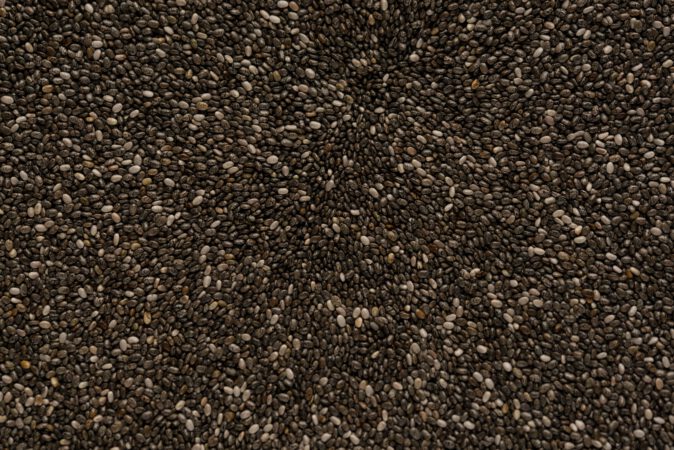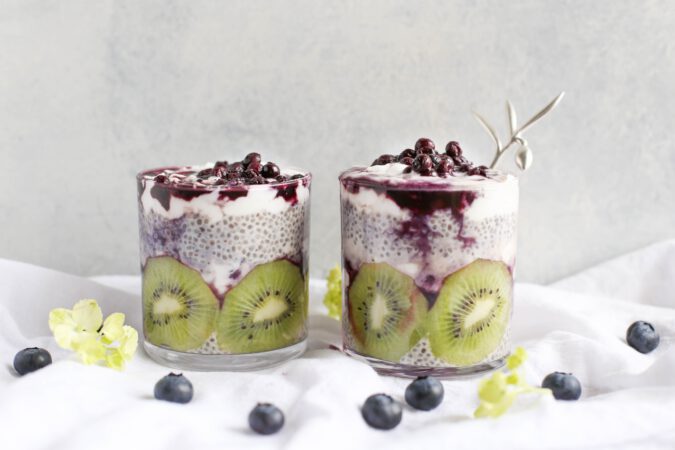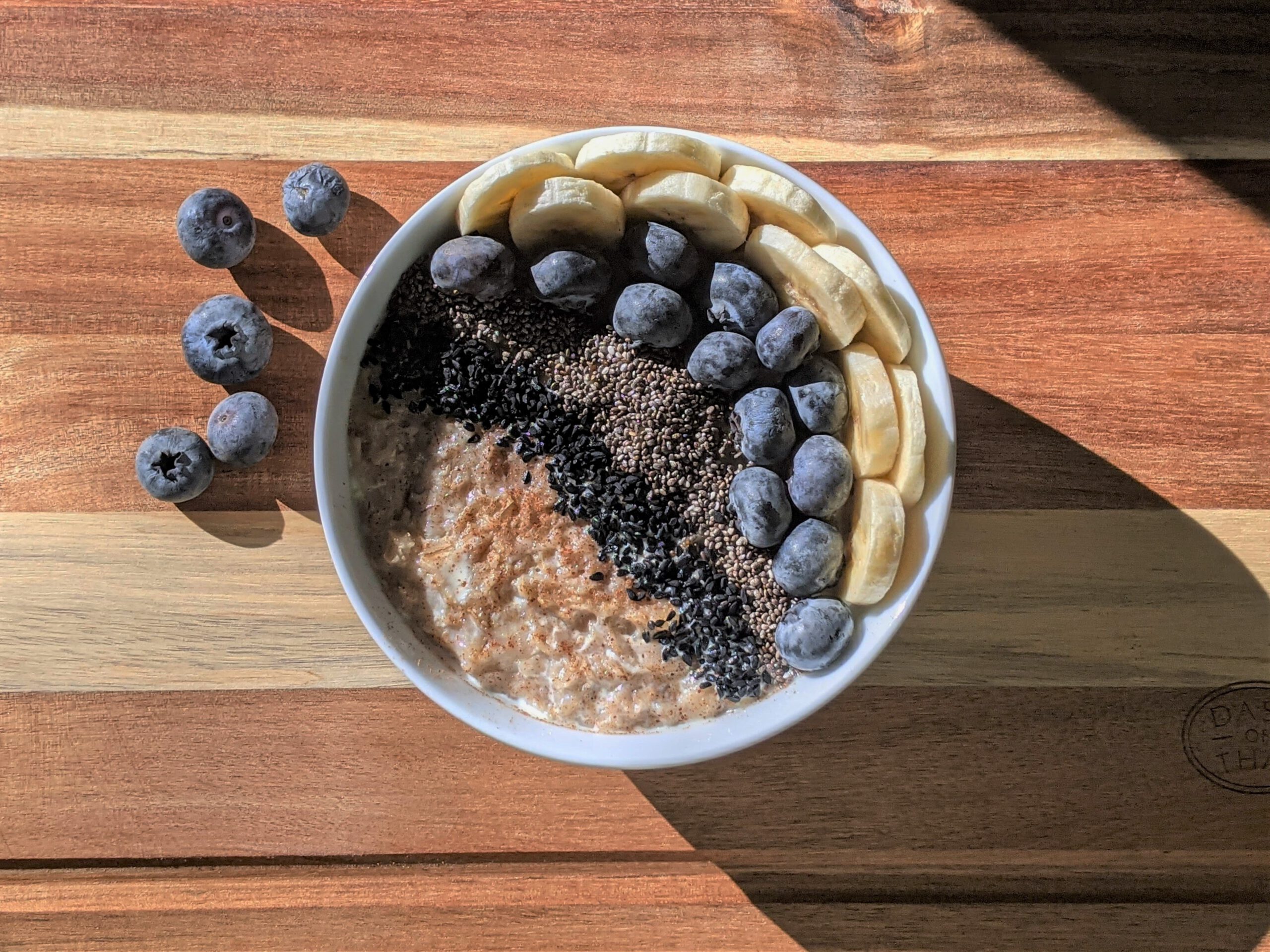Are chia seeds beneficial to the brain?
Chia seeds and their impact on the mind and brain
Chia seeds from South America have long been popular around the world. No wonder: this superfood is high in nutrients, tastes delicious, and is simple to prepare.
Chia seeds are easy to incorporate into your diet, can help you lose weight, and can stimulate intestinal activity. We reveal the effects of consuming Chia seeds on the human mind and brain!
The Health Benefits of Chia Seeds
Chia translates to “power.” They were regarded as valuable sources of energy by the Maya, and were easy to transport when dry. The grains swell in liquid and become a tasty food that can supply the body with all of the substances it requires.
Chia seeds have important amino acids, Proteins, dietary fiber, antioxidants, minerals, vitamins, and essential fatty acids.
The chia plant (salvia hispanica) is a member of the labiate and sage plant families. Pesticides are not required in the cultivation of this frugal plant. To be safe, however, you should still use organic seeds.
Are Chia Seeds Beneficial for the Brain?
Chia seeds promote concentration and provide essential components to the brain due to their numerous ingredients, such as vitamins, healthy fats, minerals, and fiber. Furthermore, chia supports digestion and can detoxify the body!

Small Seeds Have a Big Impact on Memory and Mood
Chia seeds have twice the protein content of traditional cereals. However, with a protein content of 20%, they only provide 5% carbohydrates. This makes them extremely useful for vegetarians and vegans looking for alternative protein sources.
Protein promotes muscle growth and cell membrane regeneration. But chia proteins can do even more: they provide the building blocks for important amino acids that the body can not produce on its own. This improves both physical performance and the mood.
Chia seeds have a high tryptophan content. Tryptophan is converted into serotonin in the body. This important neurotransmitter improves memory and focus by making melatonin, which helps people get a good night’s sleep.
Fiber-Rich Superfood
Foods high in fiber have the ability to absorb water like a sponge. They take longer to digest due to the fiber. This promotes intestinal health by stimulating natural movement in the intestines. Chia contains 34% dietary fiber.
When small seeds come into contact with liquid, a gel of soluble fiber is formed. Toxins in the intestinal tract can be bound by these and carried out with them.
Its sugar (glucose) content is slowly released into the bloodstream. This keeps blood sugar levels from rising too rapidly.
Omega 3 and Omega 6 Are Important Fats
Essential fatty acids, such as omega 3 and omega 6 fatty acids, are another important component of chia seeds. The term “essential” refers to the fact that the body cannot produce them on its own.
Only seven grams of chia provides the recommended daily amount of omega 3. This fatty acid serves a variety of purposes. We require it for:
- hormone manufacturing
- Our joints are lubricated by cell metabolism.
- formation of defense cells for the purpose of binding moisture for protein production.
The ratio of omega-3 to omega-6 fatty acids is also critical. Chia seeds have an ideal ratio of 1:3, which makes your skin look firmer and fuller. They also have anti-inflammatory properties and can protect you from infections. Chia has more omega-3 fatty acids than flaxseed or salmon, which makes it perfect for a vegan or vegetarian diet.

Vitamins Are Beneficial to the Skin, Eyes, and Concentration.
Chia seeds are high in essential vitamins.
Vitamin B1 helps with the conversion of food into energy.The vitamin also helps nerve cells communicate with one another. This aids learning and concentration. Vitamin B2 regulates metabolism, whereas vitamin B3 detoxifies and regenerates.
Vitamin E is a potent antioxidant that helps to control free radicals. It keeps fat from accumulating in the blood vessels. This facilitates the flow of blood and the delivery of vital oxygen.
Beta-carotene is converted into vitamin A in the body. It is critical to the success of your vision. If you spend a lot of time in front of a computer screen, you should get enough vitamin A.
Calcium, iron, and selenium are also essential minerals for good health. Chia seeds contain four times the amount of calcium found in milk in 100 grams. This promotes bone and tooth health. Iron binds oxygen, and selenium is essential, particularly for the thyroid gland. Chia also has a high selenium content.
How Many Chia Seeds Should I Consume per Day?
The daily recommended amount of chia seeds is 15 grams. One heaping tablespoon of chia seeds equals approximately 10 grams. Chia seeds can be used whole, ground, or soaked as chia gel.
They can be sprinkled on cereal, salads, or blended into smoothies. Chia pudding can be used to make delicious desserts with fresh fruit or fruit puree.
To make the base, combine half a cup of chia seeds with two cups of water and let it sit for ten minutes. The grains as a whole keep you fuller for longer, and when ground, the valuable ingredients are more easily absorbed by the body.
There are very few known side effects of chia seeds. Your digestion must adjust to the fiber at first.


